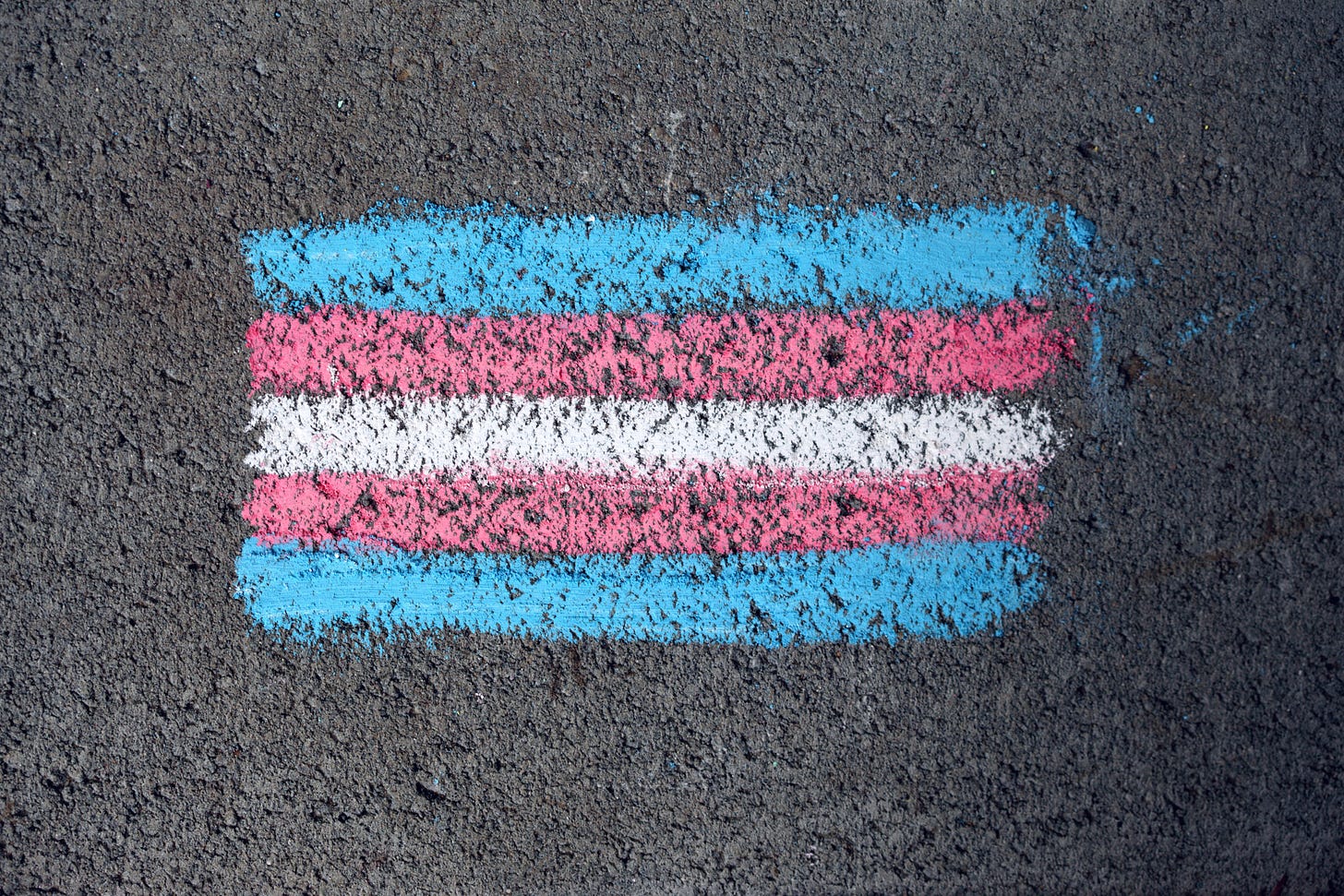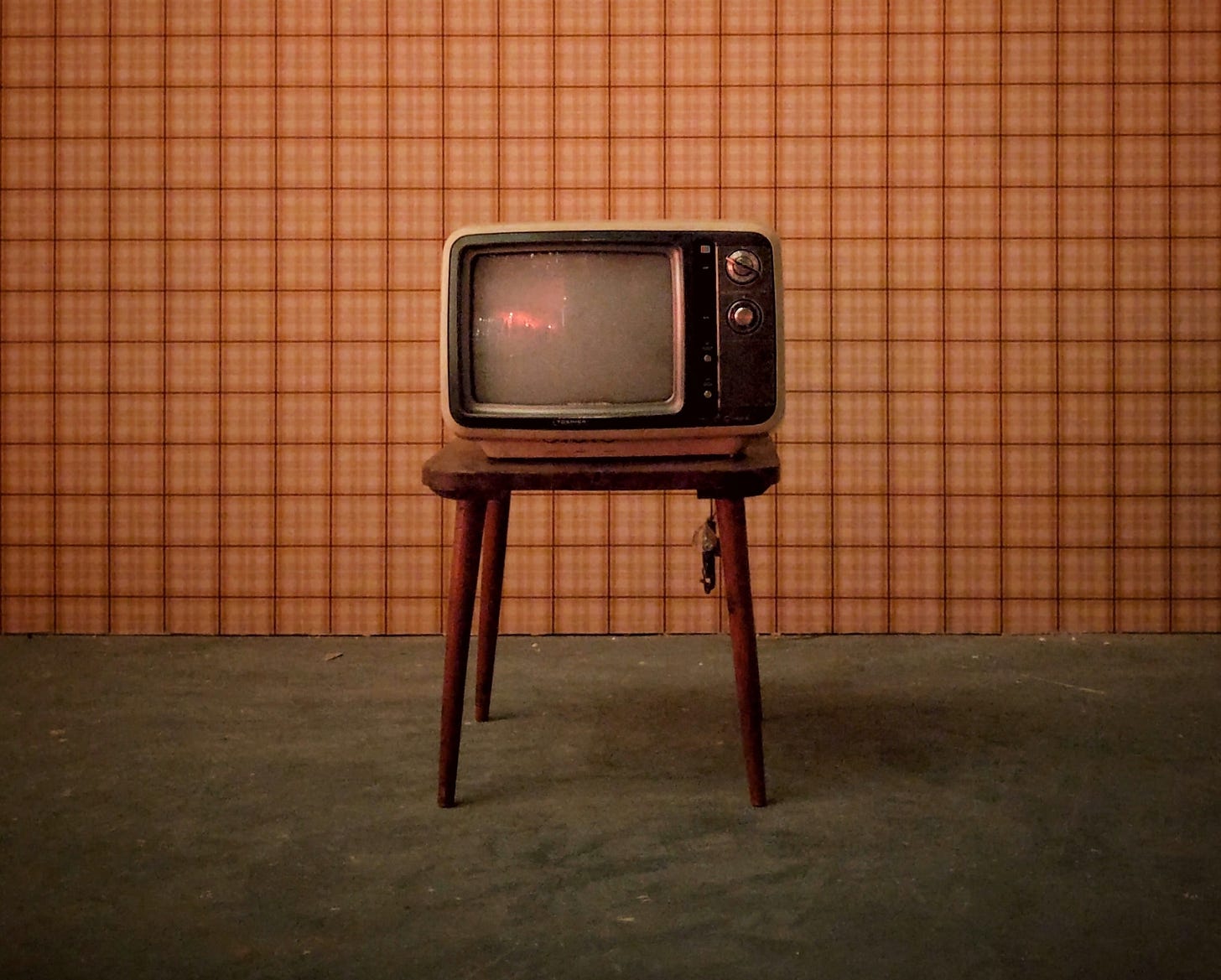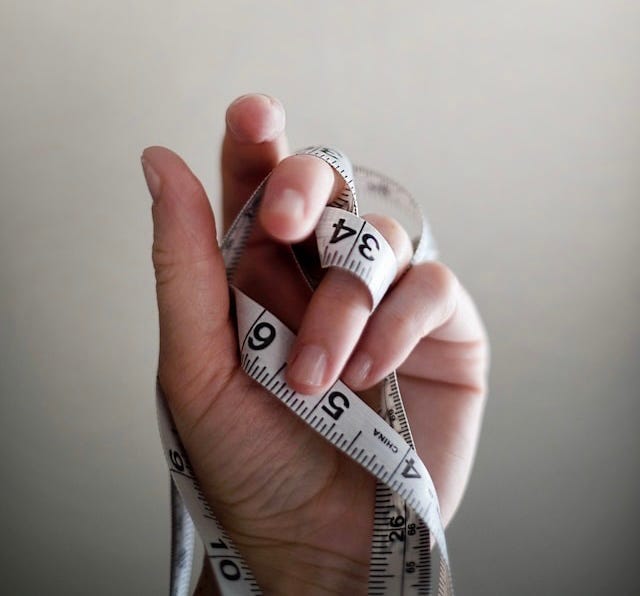Table of Contents
Inclusive Design 101
Being in Solidarity with Iranian Women, Artists and Activists
If you have any suggestions for resources on this matter, or would like to propose a correction, please leave a comment.
Cover photo by Andrew Moca on Unsplash
Inclusive Design 101
Curated by Tosin Sulaiman
Read: Books on inclusive design: Mismatch by Kat Holmes; Building for Everyone by Annie Jean-Baptiste.
Listen: Made For Us Episode 9: 'No going back': lessons from P&G's product inclusion journey, with Sam Latif. An interview with P&G's first Company Accessibility Leader, who shares practical advice for companies looking to develop more inclusive products.
Indigenous Science
Read / Listen: Fresh Banana Leaves: Healing Indigenous Landscapes Through Indigenous Science by Dr. Jessica Hernandez. You can learn a little bit more about Dr. Hernandez through this podcast episode on Latino USA.
P.S. If you are a Spotify Premium user in certain markets*, you now get 15 hours of audiobooks included each month. Fresh Banana Leaves is on the platform for around 10 hours if you are interested!
*This isn’t an ad for Spotify, I’m just passing along info as a user.
Learn: Land Acknowledgements became more prevalent in 2020. If you haven’t taken a chance to learn what they are, review this resource and also learn how you can go beyond the acknowledgement.
If you prefer an audio option, NPR has a 5-minute All Things Considered episode about Indigenous land acknowledgements.
Donate: Help support the education and expansion of Indigenous people in the sciences. Indspire (Canada) and AISES-Advancing Indigenous People In STEM (US).
The Past & Present of LGBT Pride
Read: “Meet the Black Gay Partners Preserving Harriet Tubman’s Ancestral Land”
Explore: Would you consider yourself a history nerd or buff? Check out these archives (online or in-person) for LGBT history— The Center (they have a Google Arts & Culture page too!), GLBT History, LGBTQ+ Studies Web Archive, A timeline of LGBTQ communities in the UK, and LGBTQ Archives in the US and Canada.
Watch: The Legend of the Underground, a look at the LBGTQ community in Nigeria (HBO) and Flee, an Oscar-nominated animated doc telling the story of a queer Afghani refugee named Amin (Hulu).
P.S. For some fiction recs, check out the Queer Movie Podcast.
Give: THE ASTRAEA LESBIAN FOUNDATION FOR JUSTICE is a global philanthropic organization for LGBTQI human rights.
Being in Solidarity with Iranian Women, Artists and Activists
Curated by Sounds Like Impact community member Sara Dinari, who wrote this op-ed on the anniversary of Mahsa Amini’s deaht (9/16).
1.) Join a rally, vigil or protest near you! You can check @middleeastmatters.info for locations of activations near you and @diasporaforiran has put together a drive of protest signs created by Iranian artists and activists that you can download for free and use day-of.
2.) Sign the open letter by Iranian and Afghan women, international lawyers, and global women leaders urging countries to recognize the crime of gender apartheid. The aim is to expand the international understanding of apartheid to include gender hierarchies, not just racial ones as a way to expand the set of moral, political, and legal tools available to mobilize international action against and ultimately end the regimes that are oppressing women because of their gender.
3.) Support the Mahsa Amini Human rights and Security Accountability Act (or the MAHSA Act for short). This is a bill that was first introduced in the US in the wake of Mahsa Amini’s death in 2022. Its aim is to hold the Islamic Republic’s leaders accountable for ongoing human rights abuses in Iran by implementing sanctions.
For those who are based in the US, they can help support the MAHSA Act by finding out who their representative is, and contacting them to ask them to support the Act.
4.) Sign the Change.Org petition urging the Islamic Republic to put an end to the executions of protestors. Those convicted of crimes were often not given the option to have a lawyer or thier lawyer present and trials lasted an average of 15 mins before death sentences were handed down. More can be learned about these trials here via Amnesty International.
5.) Donate to organizations doing work to protect, support financially and document on the ground. This is vital for convictions that may come after the fall of the Islamic Republic at the International Criminal Courts:
Center for Human Rights in Iran is an independent, nonpartisan, 501(c)(3) nonprofit organization founded in 2008 to protect and promote human rights in Iran by researching and documenting human rights violations across the country as well as disclosing them to the public through News and Art.
Abdorrahman Boroumand Center (ABC) is a non-governmental non-profit organization dedicated to the promotion of human rights and democracy in Iran. They do so through the promotion of public awareness of issues concerning democracy and human rights in Iran. Through its programs of research, documentation, publications, and outreach, the Center hopes to help restore the dignity of Iran's countless victims of human rights violations.
6.) And lastly, #BeTheirVoice! More than anything the freedom fighters on the ground in Iran need us to be their voice outside of Iran and disseminate their messages and stories as they continue to fight for freedom. This is the one instance where "Social Activism" makes a massive difference and on many occasions has saved the lives of protestors awaiting execution or sentencing.
There are countless accounts on different social media platforms that provide videos, photos, stories and breaking news as information comes out of Iran where Internet is currently being disconnected or connectivity is being heavily reduced according to netblocks.org an organization mapping internet freedom. Accounts I recommend and follow are below:
@iranrights (Instagram)
@action_for_iran (Instagram)
@from___iran (Instagram)
@diasporaforiran (Instagram)
@AmnestyIran (X/Twitter)
@HRANA_English (X/Twitter)
@HosseinRonaghi (X/Twitter)
Celebrating Disability Pride & History
Understand disability pride with these resources from VeryWellMind.com and The Valuable 500.
Read
“We’re Not Broken: Changing the Autism Conversation” by Eric Garcia, an autistic journalist who examines how the public’s perceptions about autism have been shaped over time, and describes the diversity of autistic people’s lived experiences.
Watch disabled people tell their stories and challenge stereotypical portrayals of disability in the media!
Some great videos to start with are LISTEN: A short film made by and with nonspeaking autistic people, TEDx Talks by Stella Young and Ky Kennedy, and the Your Disabled Joy playlist on YouTube.
Learn what ableism is and how to challenge it.
Support non-profits led by disabled people, for disabled people, that advocate for accessibility, accommodations and autonomy, like CommunicationFIRST, Neuroclastic and Autistics Unmasked.
For the full list of Calls to Action curated by Carolyn Kiel, click here.
Additional CTAs from Ayo
Alice Wong, podcaster and disability advocate who founded the Disability Visibility Project could use financial support to help them with assisted living at home after time in the ICU in June. You can donate here.
My friend Michelle Marques recently started their own Substack,
Making space for trans joy
Subscribe: A lot of you are here because you appreciate audio. Podplane is a podcast-focused monthly newsletter that spotlights work by trans, nonbinary and non-cis creators. The newsletter is also free but could use your $ support. They do accept pitches if you are a creator from one of these groups.
Share: Uplifting messages from the It Gets Better Project (and support the organization if you can).
Give: This year’s writers have been selected for the Lambda Literary Writers Retreat for Emerging LGBTQ+ Voices. It’s critical that we support their voices, and you can do so by giving to the aggregate fund or their individual fundraisers.
Our interviewee this week, H Conley, was selected for the program. Congratulations H and good luck! You can support their fundraiser here.
Learn: Ways to support Black Trans Femmes and Black Trans Women, who have some of the highest risks of experiencing state and interpersonal violence.
The Transgender Law Center—the org that put together the previous guide—also has #FundMeFriday on Twitter, sharing opportunities to financially support those in need.
Watch: Documentaries and shows sharing trans and nonbinary experiences - Disclosure (Netflix), Changing the Game (Hulu) My Name is Pauli Murray (Prime Video), and Pose (Hulu).
Read: Two books have hit the shelves recently: Tre’vell Anderson’s We See Each Other: A Black Trans Journey Through TV and Film and Elliot Page’s Pageboy.
Tre’vell, a journalist, was recently named a “Culture Shifter” by Huffpost, and Tre’vell is also a two time podcast host: FANTI and We See Each Other.
This LA Times profile of actor Elliot Page is likely paywalled, but if you haven’t clicked on an LA Times article yet, it’s worth trying to read. The journalist does talk about the joy that transition has brought Elliot, but I’m adding a TW for trauma and self-harm.
Making media that reflects our society
Learn: The Center for Media & Social Impact provides research on the impact of entertainment. And if you are interested finding out about impact producing, check out the resources from Social Impact Entertainment (SIE) Society.
I think educators and nonprofit workers can especially gain from these resources, in addition to podcast makers looking to make a greater impact with their work (+ I’m happy to help! hello@unofficialsocialchair.com).
Host: Picture Motion, an impact production company, has current campaigns that you can get involved in by hosting a screening. The films are: Flower by Misty Copeland, Wild Life, Drowning in Silence, and The Abortion Talks.
Hire: Disabled Voice Actors Database, PGM VO List (POC) and QueerVox are three options for diversifying your casting and honoring the people whose roles you may script (specifically thinking about cases of queer / disabled scripted roles being played by actors from outside those communities).
Green: Are you interested in working in TV/film—or maybe you already do—and want to figure out how to influence the industry’s environmental impact? Check out the Green Production Guide.
🎧 “Hollywood Goes Paperless with Steve Vitolo”, an episode pitched and created by #SoundsLikeImpact community member Andrea Learned, is a great example of someone seeing a problem in their industry and fixing it!
Weight stigma is the subtext
First, think before you speak: It is rarely okay to comment on anyone’s weight whether you believe they gained weight or lost it, especially if unprompted. Speculation about who is using a weight-loss intervention is to be avoided
Review: Stop Weight Bias for how to be an ally
Listen / Read: Fat Phobia and Its Racist Past and Present, NPR Short Wave
Learn: Did you know that April is Sexual Assault Awareness Month? While not the case with everyone, history of trauma and abuse has been linked to disordered eating
Resources: National Eating Disorder Hotline (800) 931-2237 ; Text / Call 988 for Suicide & Crisis Lifeline





